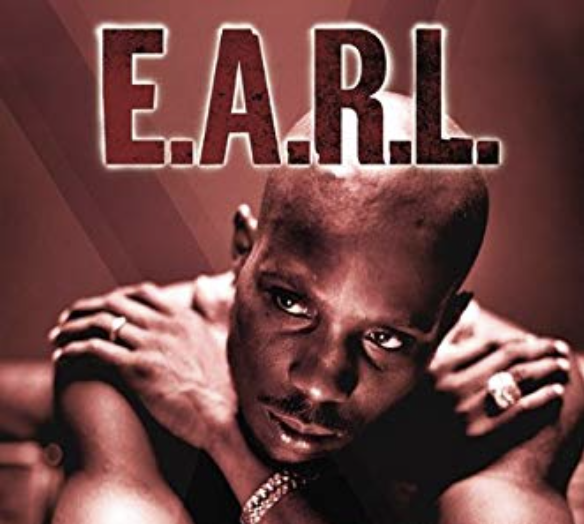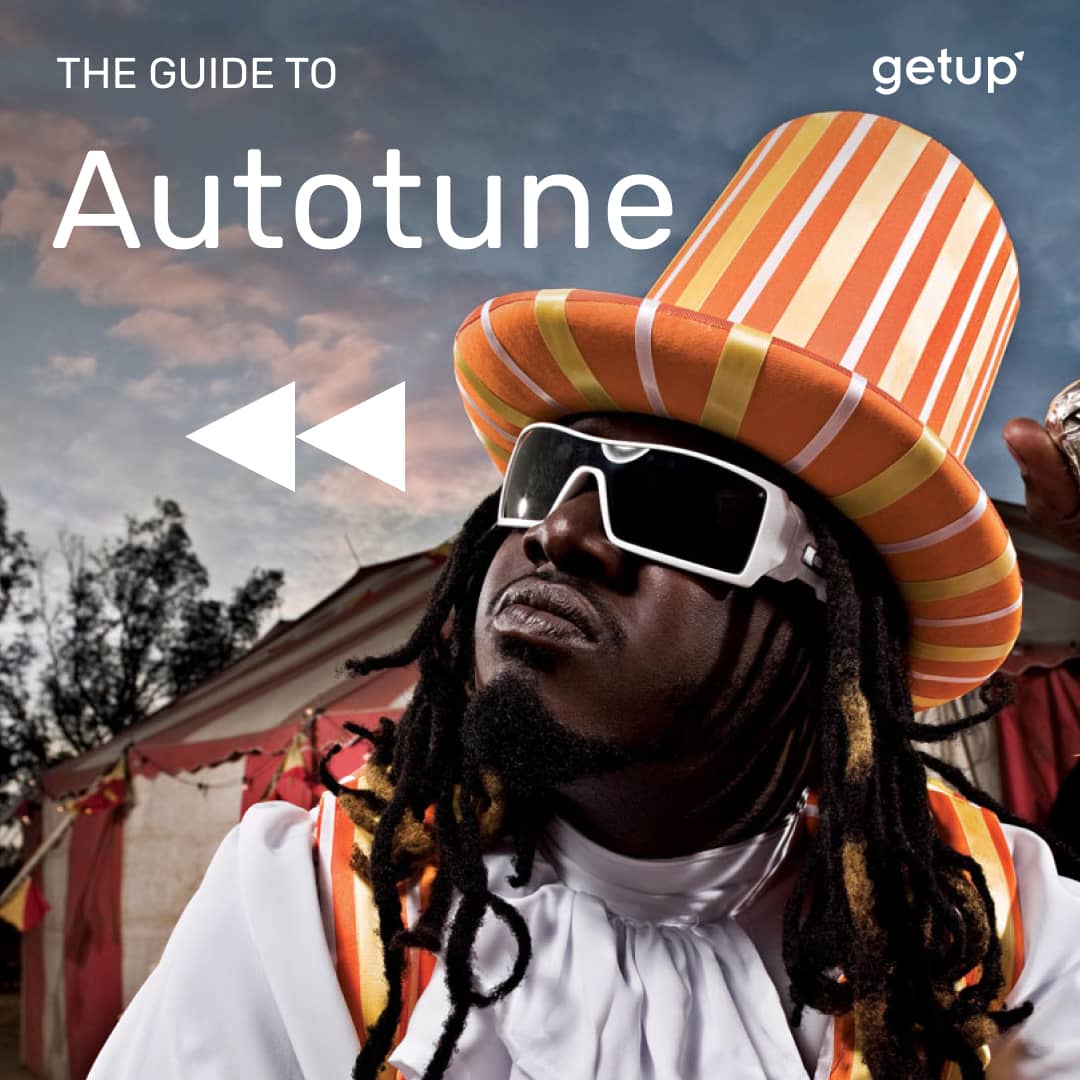Earl Simmons aka DMX was one of those rare artists who embody their work so totally that spectators can’t help but fix their gaze. If terms like authenticity and transmission mean anything in music they can be found in bounty through the rough and sentimental world of DMX.
Growing up in Yonkers, a city that was held in contempt of court during Earl’s formidable years, the brutal reality of street life is told in depth in his autobiography E.A.R.L.: The Autobiography of DMX written with Smokey D. Fontaine.
“I was straight stickup,” he wrote. “I’d rob three times a day: before school, after school and on the late night.”
His rap sheet is impressively long, and followed him well into his career, including charges of theft, weapons possession, assault, drug possession, tax evasion, fraud, and more.
Even after his unprecedented success, having all of his first five albums reach No. 1 on the Billboard charts, Earl couldn’t avoid the law; serving jail time in 2008 for animal cruelty, drug possession and theft and in 2018 for tax evasion.
But while DMX’s persona projected an invincible and hardened thug to some, those who listened to his work in depth would find a much more profound sentiment of pain, depression, and loss.
“The pain is forever alive inside, makes it hard to sleep” he sings on, We Right Here, a common theme throughout DMX’s music. On one of his most notorious tracks, Ruff Ryder’s Anthem, DMX delivers, “All I know is pain. All I feel is rage. How can I maintain, with that shit on my brain?” On DMX’s 2001 album aptly named The Great Depression his intro Sometimes is a poetic homage to these questions of pain, pursuit, and the consequences of a hardened life.
"Sometimes I wonder what life's about
Sometimes I wonder why the lights are out
Sometimes I wonder why I like to shout
Sometimes I wonder what the lies are 'bout
Sometimes I see things I shouldn't have seen
Sometimes I wonder why I'm a hood and a fiend
Sometimes I look at what I've become and cry
Sometimes I get on that bullshit and be ready to die
Sometimes a nigga that's your man might get it
Sometimes even though it's sweet, if you ain't with it
Sometimes the pain is too much to bear
Sometimes it rains too much to care
Sometimes if you don't watch your back it'll cost you
Sometimes you wonder who would give a fuck if they lost you
Yet sometimes the sun shines around the clock
But sometimes it's dark, and Hell is hot"
Yet, through these internal struggles and despite his difficult, complex, and emotionally potent lyrics, Earl Simmons was able to electrify peoples everywhere. On stage, in interviews, on screen, DMX was able to project confidence and vulnerability, irreverence and spirituality, rage and compassion. In a space where artists can often become unidimensional, DMX never flinched in his transmission of raw and untethered experience of his troubled and blessed life.
His legacy permeates hip-hop. Whether it’s the vocal incantations of Denzel Curry, the cadence of ASAP Rocky (listen to the chorus DMX’s Damien and the refrain of ASAP’s most iconic track, "Praise The Lord (Da Shine)"), the emotional content of a Young Thug, or the aggression of Meek Mill.
There is much to say about Earl Simmons’ individual history, his many accolades, the slew of hits, and his impact on culture, but we will remember him most as an artist who managed to bring the intensity of his own experience to life. This is, after all, the testament of a great artist.
DMX passed away on April 9th, 2021, after cardiac arrest from a drug overdose. In consolation, we leave you with his own words, spoken in February 2021 during a Drink Champs interview, “If I was to go right now,” he says, “my last thought would be, ‘I had a good life.’”
Rest in peace DMX, you will forever be remembered through your music.
.jpg)


.jpg)
.jpg)
